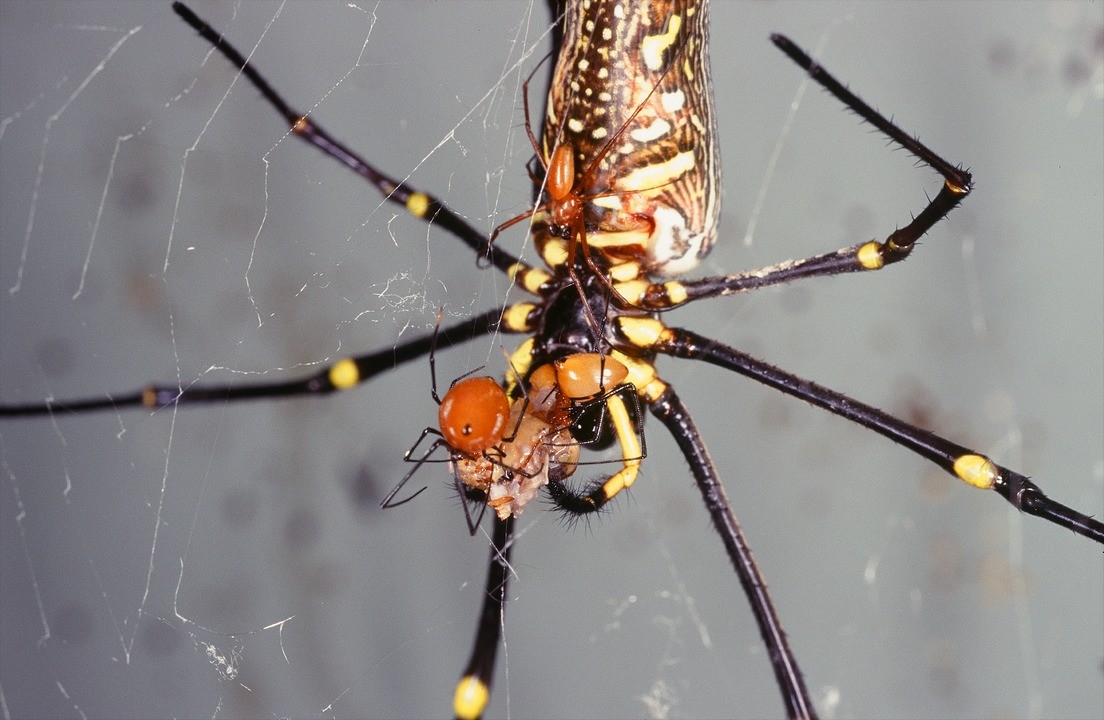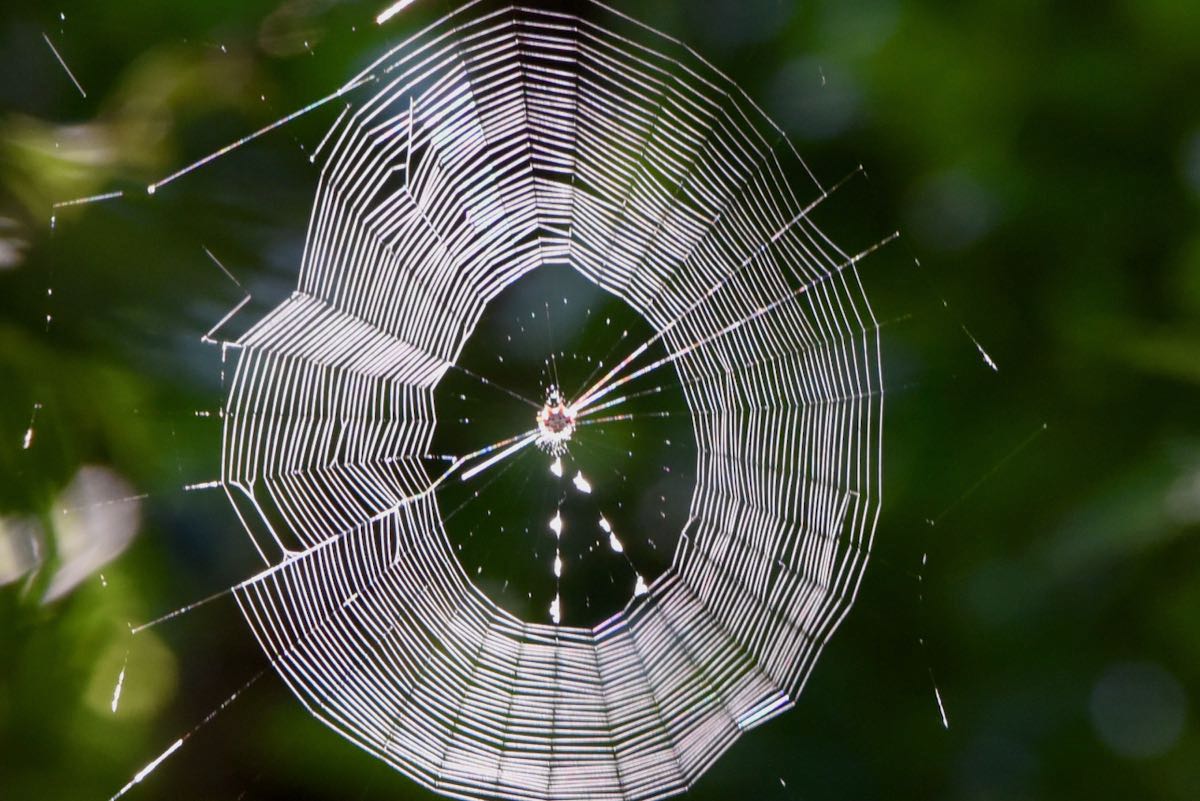How Long Can a Spider Live Without Food? Exploring the Fascinating Survival Strategies of Spiders
Spiders, those eight-legged arachnids, have long captured our curiosity with their intricate webs and stealthy hunting tactics. One question that often piques the interest of both arachnid enthusiasts and casual observers alike is: how long can a spider live without food? In this article, we'll delve into the world of spiders and uncover the remarkable survival strategies that enable them to endure extended periods of food scarcity.
I. Understanding Spider Metabolism
To grasp how long spiders can survive without food, it's crucial to comprehend their unique physiology. Spiders are ectothermic creatures, which means their body temperature is regulated by external sources. This characteristic contributes to their relatively low metabolic rate compared to warm-blooded animals.
Consequently, spiders require less energy to sustain their bodily functions, allowing them to endure longer periods without sustenance.
II. Adaptations for Extended Fasting
1. Low Metabolic Rate: As mentioned earlier, spiders possess a low metabolic rate, which allows them to conserve energy during times of food scarcity. This adaptation is particularly advantageous for spiders living in environments with unpredictable prey availability.
2. Web Maintenance: Many spiders construct intricate webs to capture prey. These silk structures require energy to create and maintain. To adapt to periods of fasting, some spider species decrease their web-building activities, conserving energy for more critical functions.
3. Cannibalism: In desperate situations, some spider species resort to cannibalism. This behavior involves consuming other spiders, often of the same species, to survive. While not a sustainable solution, it provides a short-term source of nutrients.

Cannibalism
4. Hunting Strategies: Spiders employ various hunting strategies, including active hunting and ambush tactics. During fasting periods, some spiders might become more opportunistic, actively seeking out prey when it becomes available instead of expending energy on unsuccessful hunts.
III. Case Studies: How Different Spiders Cope
1. Trapdoor Spiders: These reclusive spiders are known for their burrows with hinged lids. Trapdoor spiders are patient hunters, relying on unsuspecting prey to wander close to their burrow entrances. During fasting periods, they can remain in their burrows for weeks or even months until suitable prey ventures nearby.
2. Orb-weaver Spiders: Orb-weavers create intricate, circular webs to catch flying insects. When food is scarce, some orb-weavers consume a portion of their own web. This "web recycling" provides a minimal but vital source of nutrients.

Orb-weaver Spiders
3. Wolf Spiders: Unlike web-building spiders, wolf spiders actively hunt on the ground. They have keen eyesight and rely on speed to catch their prey. To endure without food, wolf spiders might reduce their hunting activities and become more selective in their targets.
IV. Environmental Factors and Survival
The duration a spider can survive without food varies based on environmental conditions. Factors such as temperature, humidity, and prey availability play significant roles. Spiders in colder climates might enter a state of dormancy, conserving energy until more favorable conditions for hunting arise. Conversely, spiders in warmer regions might need to find food more frequently due to their increased metabolic rates.
V. Conclusion
In the intricate world of spiders, the ability to survive without food showcases their remarkable adaptability. While the exact duration varies among species and environmental conditions, spiders' unique physiology, hunting strategies, and behavioral adaptations all contribute to their ability to endure periods of fasting. From the patient trapdoor spiders to the resourceful orb-weavers, these arachnids continue to intrigue scientists and enthusiasts alike, offering valuable insights into the wonders of the natural world.